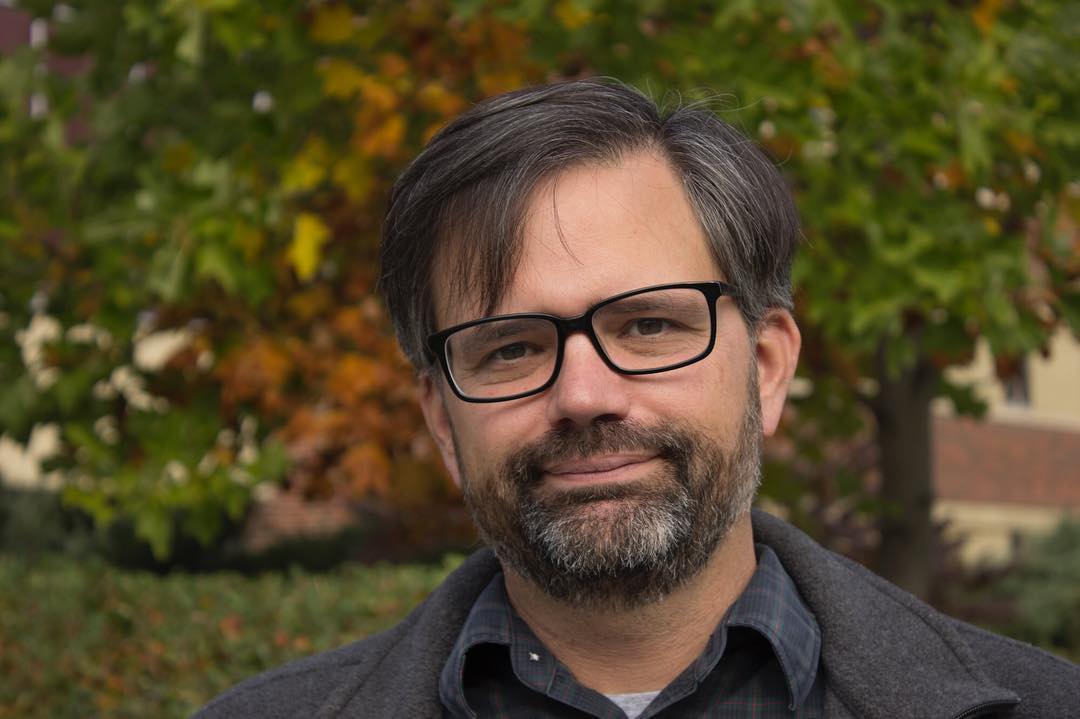Graduates of the University of Montana School of Journalism go on to do great things, in journalism and beyond. They direct newsrooms, report on international issues, photograph history, inform the public on air, start their own businesses, influence public policy, publish books and become leaders in their communities. Here, we spotlight some of our alumni who showcase just how powerful, and versatile, a journalism degree from UM can be. (If you are a graduate who would like to share your experience or know of someone we should spotlight, email Courtney Cowgill.)
This installment spotlights Leilah Langley, 2002, the assistant news director for KREM 2 News in Spokane, Wash.

(This Q&A has been edited slightly.)
Question: Was this the type of work you thought you’d be doing when you went to school?
Answer: I joined the program thinking I would be a reporter and/or anchor. I went through most of the program thinking that. However I started to notice I was a better fit for producing when I took a producing class taught by Denise Dowling my last semester. Then I took a producing internship at KREM. I’m very detail oriented. I like to be in control and quite frankly, I’m shy. So a career in producing and then management was much better fit than being on the air.
Can you describe an average day on the job?
I manage the day-to-day operations in the newsroom. I help assign the content for daily shows and digital platforms. I help the staff brainstorm new and innovative storytelling techniques to help make the audience experience at KREM memorable. I approve and critique scripts and articles. I react quickly with staffing and content decisions in breaking news and severe weather situations. I plan big stories and even coverage.
What experiences at the J-School were notable in preparing you for your work?
I had all the basics and a working knowledge of how to get newscasts on the air, which helped me transition easily into an intense producing training internship. I also had a realistic expectation of what to expect. I knew the workload would be big, I knew the hours would be bad, and I knew the pay wouldn’t be high. That all sounds rather negative, but as a news manager now I’m shocked at how many people come out of college not getting any advice about what the “real world” will be like.
What are the skills you learned in J-School that you use on a daily basis? In your work? In your life?
Broadcast writing skills. I learned a lot of good grammar basics my sophomore and junior years.
What do you think makes the J-School special?
My fondest memories are of the old 730 Eddy house. Sure, I’m a little jealous of the new building, but there was something about that cute little basement newsroom. We left the Journalism School with character, and that comes in handy in the scrappy news business.
What advice would you give a student just starting out in journalism school? Or, what advice would you give to someone considering journalism school?
You have to have a passion for learning and you have to be naturally curious. If those things don’t come naturally to you it may not be a good fit. It’s also a difficult political climate to be a journalist. Don’t let that scare you. I believe in keeping my head held high and working for the people of my community. Don’t engage the haters, just do your job.
Where do you see yourself career-wise in the future?
I see myself helping to transform local news into a more fun to watch and engaging product for the audience. I’m proud to be part of a generation that gets to rewrite the way we do things. No one wants to watch a newscast straight out of 1995. We are changing and it’s fun to be part of it.






